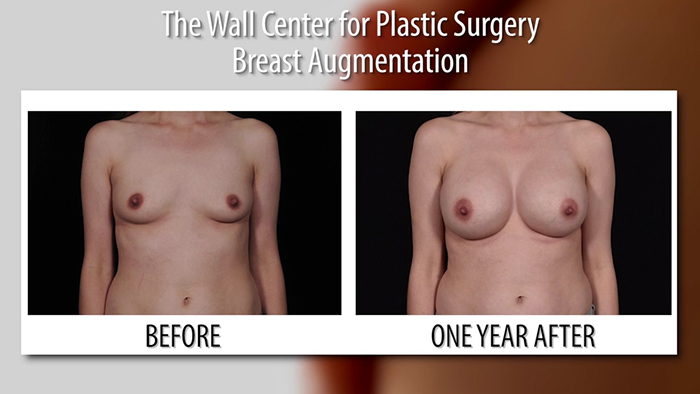Face it – we are all a little impatient at times. In the fast food line, in the clogged drive home during rush hour, or waiting at the packed DMV to renew a driver’s license. Restraint takes nerves of steel, but the time to practice real patience is before, during, and after cosmetic surgery. Proper preparation is key and it’s important to realize that good results can take months, even years to materialize. Married surgeon partners, Dr. Holly Wall and Dr. Simeon Wall discuss the need to wait for the best results and why it’s important NOT TO BE AN IMPATIENT PATIENT and to look for a plastic surgeon who follows that same rule.
By Dawn Tongish
and Holly Casey Wall, MD and Simeon Wall Jr., MD
Scrutinize Before & After Shots
Nearly everyone is obsessed with looking at before and after pictures of plastic surgery. It’s interesting to get a look at the celebs – good and bad – before they went under the knife. But, experts advise that while it can be eye-opening to see the startling results, there’s more to it to consider. “So many times a patient will look on a website at someone’s before and after, and I want patients to be more educated than just that,” says Dr. Holly Wall. Wall says someone considering plastic surgery should look at longevity to see if the surgery was successful in the long term. Don’t be afraid to ask questions. “A picture may be just three months out and it may look great, but it might not look like that at three years.” Wall says patience will pay off, if a woman or man is willing to take the time necessary to heal and recover. “Our patients are asking, why [are my implants so] high? And we say you are two weeks out, just give it time. We want a great result at one, three and five years, and 10 years – not necessarily at three months.”
Chose A Long-Term Plastic Surgeon
Just like you want breast implants to last a long time, or liposuction to be successful long term, you also want a relationship with your plastic surgeon to be long term. A long term relationship will allow for a more meaningful bond, to make sure you are choosing the right cosmetic surgery partner. It is becoming more common for surgeons to end relationships with patients after about six months due to heavy caseloads, says Dr. Simeon Wall. “There are a lot of surgeons out there who don’t even see their patients after six weeks or three months.” Wall says he is still astonished that a physician could curtail a medial arrangement so soon with a patient. “That just blows me away,” admits Wall. He says it is difficult to even make a conclusion about a final result for a long while. “We talk about longevity, that means long term follow up to make sure you are choosing the right plastic surgeon and not one who is thinking about quick and easy results.”
Real Results Take Time
Each year more than 14 million people decide to surgically enhance or improve some part of their body using cosmetic surgery, according to the American Society of Plastic Surgery of ASPS. Plastic surgery offers something for everyone, including surgical procedures and minimally-invasive techniques that continue to improve, offering the chance at a flatter stomach, perkier bosom or erased love handles. Patients are becoming savvy about seeking out the proper procedure, but what about finding the right plastic surgeon?
Dr. Simeon Wall says it’s just as important to seek out a surgeon who realizes that long-term monitoring is key to a positive outcome. “I don’t even consider that I can access a result for at least a year, I think that’s why people want us.” Dr. Holly Wall agrees, the longevity of surgery needs to match that of increasingly well-made products. “A gel implant has a shelf-life of 15-30 years, so we need to think about operations that will last as long as the implant,” she says. Both doctors say without proper monitoring a surgery may have to be repeated. “We see our patients all the time, even ten years out. It would be nice to minimize the number of operations someone has to undergo throughout their lifetime,” says Simeon. He also adds that the philosophy in their practice is a patient is for a lifetime. “We want them to be patients for life and we want to see them back.”















Facebook
Twitter
Instagram
YouTube
RSS